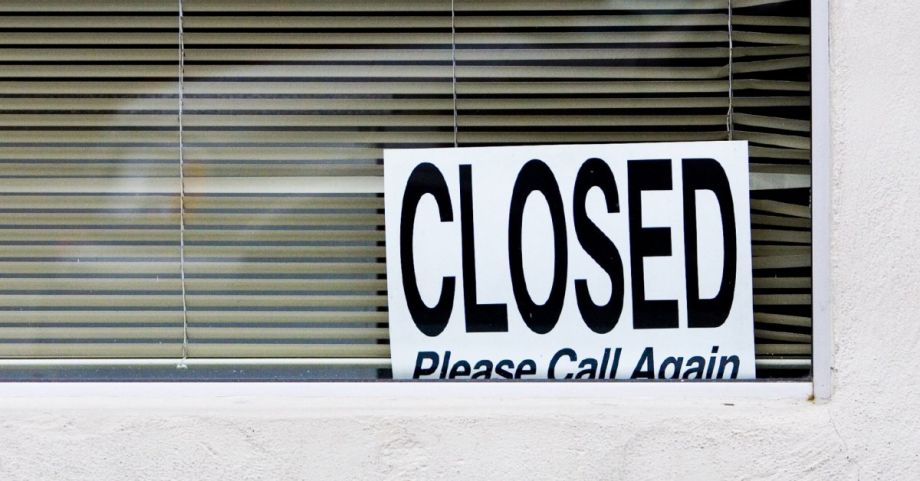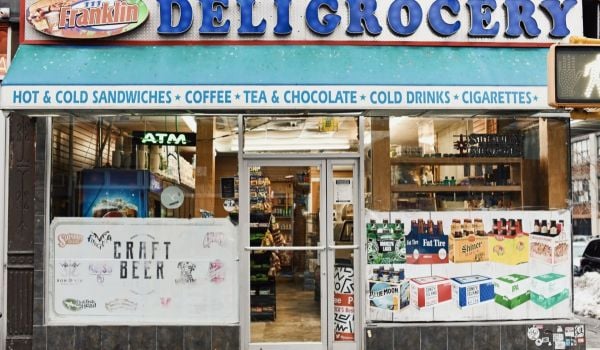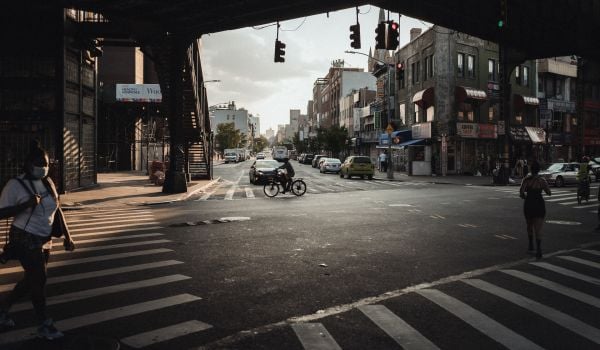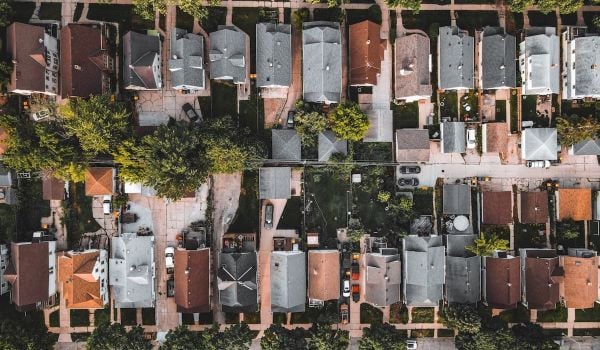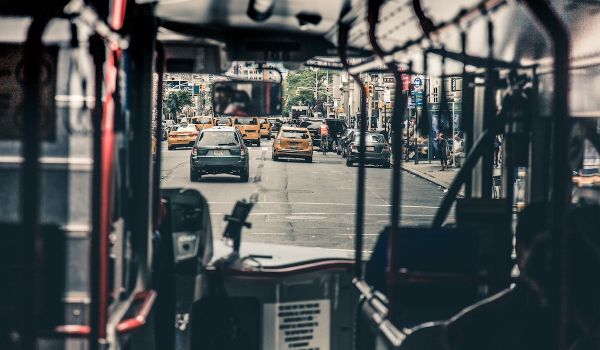COVID-19 Is Also Disproportionately Harming Minority Businesses
Closures and social distancing to slow the spread of the novel coronavirus have disproportionately affected black-owned businesses, new research says.
The work, by economist Robert W. Fairlie at the University of California at Santa Cruz, found that the total number of active business owners dropped 22 percent from February to April, the Washington Post reported. But the number of working African-American business owners fell much more steeply, by 40 percent, or 450,000 businesses.
The number of Latino-owned businesses fell 32 percent, and the number of Asian business owners dropped by a quarter, the Post added. Immigrant-owned businesses decreased 36 percent.
Many of these minority- and immigrant-owned businesses are in industries that have had to close, such as beauty salons, taxi services and day-care centers; a lack of a financial cushion caused by long-standing wealth disparities could also be at play, Fairlie told the Post.
Banks Call For Blanket Forgiveness of Small PPP Loans
The Consumer Bankers Association and the Bank Policy Institute, two lobbying organizations representing big banks, have asked the SBA to forgive all Paycheck Protection Program loans under $150,000 automatically, American Banker reports.
About a quarter of the dollars put into the program, but 85 percent of loan recipients, would benefit from the move, the publication said.
“Their time and resources would be better focused on getting the economy safely back up and running, and not processing burdensome paperwork,” the banking trade groups wrote.
The smallest PPP loans — those under $50,000 — are expected to cost banks $500 million to service. Reducing the paperwork required for these loans would help banks, too.
Both houses of Congress have already passed one bill reforming the Paycheck Protection Program, CNN reports, giving businesses more time to use the money to qualify for loan forgiveness, and allowing recipients to spend slightly more on non-payroll costs. President Trump is expected to sign.
New York’s Delivery Workers Thrown Into Chaos by City Curfew Order
New York City Mayor Bill de Blasio has imposed a citywide curfew on all but essential workers in an attempt to “protect the City and its residents from severe endangerment and harm” from “violent acts … escalated” from some protests, through the morning of June 8.
The order, Eater New York reported, left delivery workers scrambling for answers. Many are undocumented and work late at night, and have struggled to understand whether they are allowed to work during the curfew.
“Many of our workers come from diverse communities and they are fearful of being stopped by police right now,” City Council member Mark Treyger told Eater. “They are afraid of being asked for paperwork that endangers them and their well being.”
The city later clarified that food delivery workers are allowed to work during the curfew and that workers “need only to state that they are essential workers, and ID such as business cards, some type of work ID, work documentation, or a uniform are all acceptable, though none are required,” Eater said.
That said, a number of restaurants that have staff of color have chosen to close, with many staff saying they don’t feel safe being out after curfew. After videos emerged that show police officers beating someone who appears to be doing nothing other than riding a bicycle, it’s easy to understand that perspective. But, as Grubstreet notes, for these workers, not working means not getting paid.
This article is part of The Bottom Line, a series exploring scalable solutions for problems related to affordability, inclusive economic growth and access to capital. Click here to subscribe to our Bottom Line newsletter.



